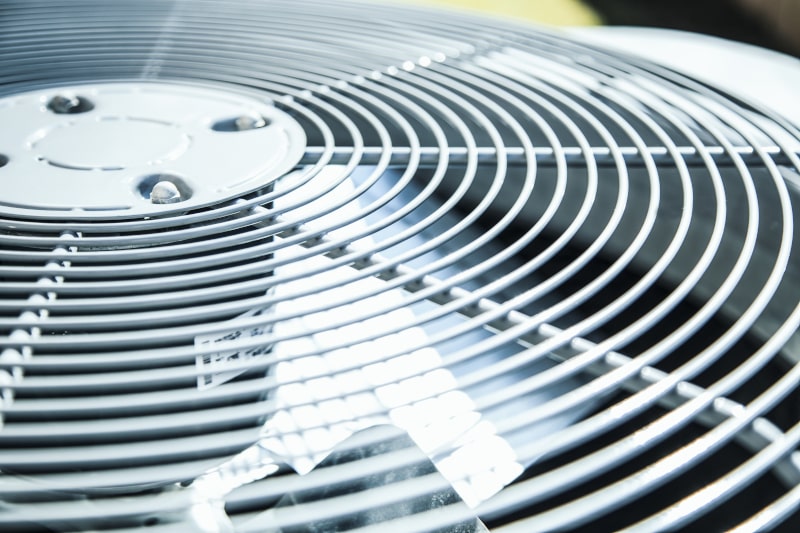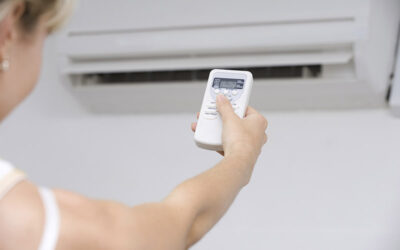When it comes to your HVAC unit, it’s simple to seek help from friends, family and social networks for recommendations on how to keep it working. However, there are several myths regarding how to keep your HVAC unit in good working order. In this post, we’ll dispel seven common HVAC fallacies that we frequently hear about in Odessa, TX.
Routine Maintenance Isn’t Vital
Many individuals want to avoid yearly preventative maintenance for a number of reasons, such as believing that a yearly tuneup isn’t necessary for their system or that the price of the maintenance is too expensive to fit into their budget. Your HVAC system, on the other hand, is more sophisticated than you believe, and it needs an annual inspection to stay in good operating condition.
An HVAC professional will inspect your system and provide important tune-p services, such as lubricating parts and checking for leaks. Keeping your equipment clean and fixing problems as soon as they arise saves you cash in the long term by preventing larger problems from arising.
You Only Have to Change the Filters Once Per Year
Changing your air filters regularly is one action you can take to promote your health and ensure your HVAC system is functioning properly. You may believe the myth that you should only change your filters once per year. But it’s best that you replace them every three months.
If you have pets, you may need to change your air filters every month to maintain good indoor air quality. If you don’t want to change your air filter as frequently, you should consider purchasing an air purifier.
Bigger HVAC Units Are Better
Bigger isn’t necessarily better when it pertains to HVAC systems. Oversized systems frequently display short cycling, a scenario in which the unit starts up, quickly warms or cools and then shuts down, only to restart shortly afterward. This continuous on-off-on cycle damages the unit and may result in a shorter system life and more maintenance visits.
Short cycling is also ineffective since it takes more power to start an oversized system than it does to keep a smaller, appropriately sized system functioning. As a result, utility bills will rise.
Close Vents in Spaces You Don’t Use to Save Energy
Don’t close the registers and vents despite the presence of opening levers. Closing vents and registers reduces the system’s capacity to maintain pressure balance throughout your Odessa, TX, house.
Even if the registers get clogged, the system continues to provide the same volume of conditioned air. Blocking vents may also result in leaky ductwork. Make sure that nothing, including furniture and clothes, is blocking your registers and vents.
Duct Tape Seals Ducting
Duct tape has various applications around the house, and it’s popular since duct tape is long-lasting, sturdy and water-resistant. Nevertheless, duct tape isn’t ideal for sealing air ducts since it scrapes and doesn’t adhere properly to them. If you need duct sealing, it’s better to hire a professional.
Maintaining the Same Temperature Saves Energy
You may believe that setting the thermostat to the same temperature regardless of the time is a good approach to save money. Nevertheless, due to temperature variations during the day, this isn’t the case. A programmable thermostat changes the temperature automatically to conserve electricity.
Conditioned Air Leaks Through Windows
Many Odessa, TX, homeowners assume that the most significant source of cooling and heating loss in a home is through the windows. This may be true in some homes, but in most cases, cooled or warm air is escaping via the roofing. Air leaks and insufficient insulation in the roof and walls often account for around half of total cooling and heating losses.
To begin taking good care of your HVAC system, it’s important that you schedule maintenance services. Contact us at WTR (WTR) for cooling, heating and indoor air quality services that will improve your home’s energy efficiency and comfort levels.
Image provided by iStock





